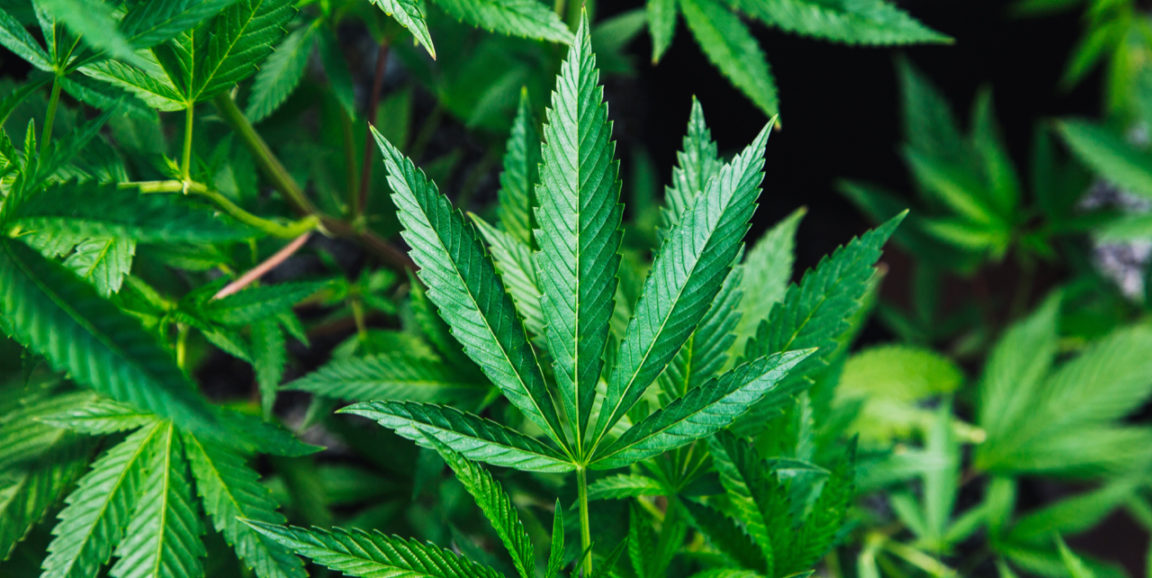Proponents of legalizing marijuana have argued that access to cannabis will ease the opioid crisis: People will choose pot for recreation or pain relief if it's easily available, they reason.
The rationale stemmed from a 2014 study that found lower fatal overdose rates in states that legalized medical marijuana. Although the researchers cautioned they found only an association, not a cause, state officials, physicians and activists cited the study's findings to support legalization.
Now, thanks to new Stanford research, we know it was a pipe dream. Keith Humphreys, PhD, a professor in psychiatry and behavioral sciences, and Chelsea Shover, PhD, a postdoctoral scholar, took a second look at the data and found it doesn't hold up now that many more states have legalized cannabis.
"If you think opening a bunch of dispensaries is going to reduce opioid deaths, you'll be disappointed," Humphreys said. "We don't think cannabis is killing people, but we don't think it's saving people."
A paper describing the new study was published today in Proceedings of the National Academy of Sciences.
As we noted in our press release about the new study, it appears that the states with early legal marijuana had some key distinctions.
Those states tended to be wealthier and more politically liberal, with greater access to addiction treatment and to naloxone, which reverses the effects of opioids and can prevent overdose fatalities, Humphreys said. The states that legalized pot early also incarcerate fewer people for drug use, he added. When people are released from prison, where they lack access to drugs and lose tolerance to them, they may try to use the same levels as they did before they were incarcerated, leading to overdose.
The finding of lower death rates "wasn't about the cannabis," Humphreys said. "It was something else about those states."
The researchers emphasize that they support research of medical marijuana. "There are valid reasons to pursue medical cannabis policies," Shover said, "but this doesn't seem to be one of them. I urge researchers and policymakers to focus on other ways to reduce mortality due to opioid overdoses."
Photo by Rick Proctor




